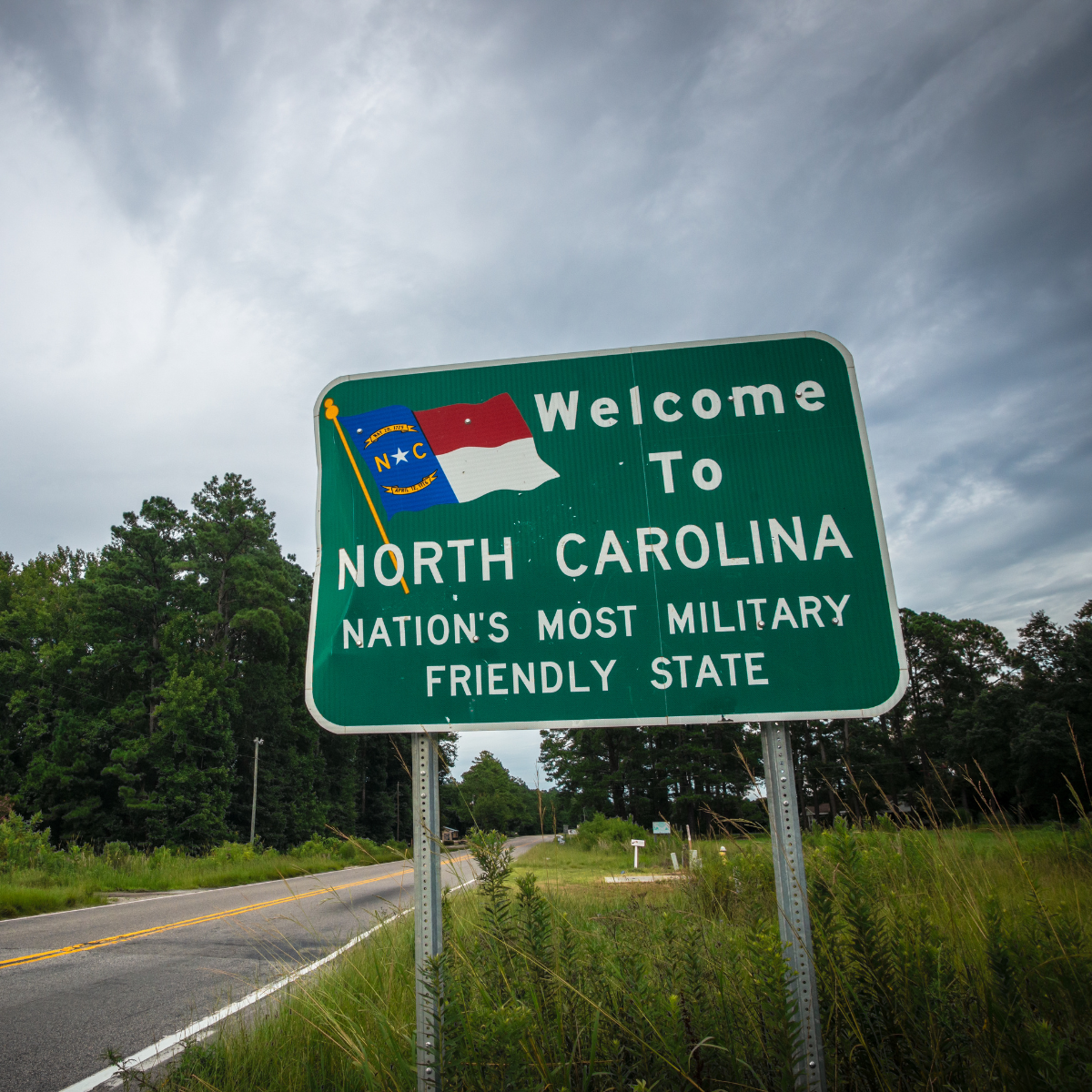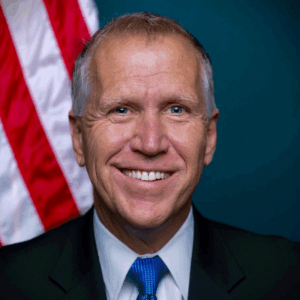
July 8, 2025
 After being publicly attacked by President Donald Trump (R) on social media following his “no” vote to advance the One Big Beautiful Bill Act, North Carolina Sen. Thom Tillis’ (R) surprised his state and Senate colleagues by announcing he wouldn’t seek reelection next year.
After being publicly attacked by President Donald Trump (R) on social media following his “no” vote to advance the One Big Beautiful Bill Act, North Carolina Sen. Thom Tillis’ (R) surprised his state and Senate colleagues by announcing he wouldn’t seek reelection next year.
The prevailing analysis so far is that the Tar Heel State Republicans are in a more difficult position regarding holding this seat than had Sen. Tillis continued to run for re-election. While he has the incumbency advantage, Mr. Tillis still has not proven himself to be a particularly strong vote-getter. In fact, he won both of his statewide elections with less than 49% of the vote.
In 2014, he defeated then-Sen. Kay Hagan (D), so winning with only a plurality is understandable in such a situation. In 2020, however, while President Trump was again carrying North Carolina, Sen. Tillis defeated a flawed Democratic candidate, former state Sen. Cal Cunningham, who was carrying on an extramarital affair that became public in the campaign’s late stages. Even with that break, Sen. Tillis could only manage a 48.7 – 46.9% re-election victory.
Now, with Tillis being at odds with President Trump and the latter searching for a Republican primary opponent to support, the Senator’s position would likely have been weakened even further. Therefore, the Republicans being able to start fresh with a new nominee may prove to their benefit.
Turning to the Democrats, the party leadership is largely frozen in place until former Gov. Roy Cooper makes a decision about running for the Senate. Originally saying he would decide about challenging Sen. Tillis before the end of this summer, a renewed Democratic leadership push to get him into the race is sure to be accelerated now that the seat will be open. In response to the currently unfolding events, the former North Carolina chief executive again said it will be weeks before he makes a final decision.
Mr. Cooper, like many other Democratic Governors or former Governors, has presidential aspirations, so it would not be surprising to see him bypass a Senate race in order to launch a presidential campaign immediately after the 2026 midterm elections.
Already in the 2026 Senate race is former Congressman Wiley Nickel (D) who has been campaigning for weeks. Originally Mr. Nickel said he would step aside for Mr. Cooper, but as time passed with no response from the latter man, the former went ahead and officially entered the campaign.
The party holds five of the ten North Carolina statewide offices, including the three most prominent: Governor, Lt. Governor, and Attorney General, so the Democrats have good options beyond ex-Governor Cooper.
Yet, all three of those incumbents were just elected in November. It appears highly unlikely that Gov. Josh Stein (D), who assumed his position in January, will decide to enter the Senate race, but Lt. Gov. Rachel Hunt, the daughter of former four-term Gov. Jim Hunt (D), and Attorney General Jeff Jackson could become candidates.
Chances are good that we will also see a crowded Republican field form but with no contender having dominant statewide name identification; that is, with the exception of presidential daughter-in-law, former Republican National Committee (RNC) co-chair, and Fox News host Lara Trump, who will inevitably be mentioned in every pre-election article. Ms. Trump, though now living in Florida, is a North Carolina native and sending early signals that she would consider running. Another top name being floated is current RNC Chair Michael Whatley (R).
Announced as Republican primary candidates even before Sen. Tillis decided to retire are three minor contenders: businessman Brooks Agnew, author Don Brown, and retired businessman and former Lt. Governor candidate Andy Nilsson.
Three members of the congressional delegation have already been mentioned as considering the race: Reps. Greg Murphy (R-Greenville), and freshmen Pat Harrigan (R-Hickory), and Tim Moore (R-Kings Mountain), the former state House Speaker.
National Republican Congressional Committee chairman and seven-term US Rep. Richard Hudson (R-Southern Pines) was also considered a potential candidate but has already said he will not run. Rep. Hudson is on a leadership track in the House, and indicates he prefers to remain in his current position with future potential opportunity of moving up the leadership ladder.
Since North Carolina is known for hosting close elections and being a place where the nominee from either party can win any statewide election, the state’s open Senate race will become one of next year’s key electoral focal points.

